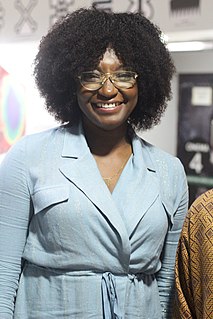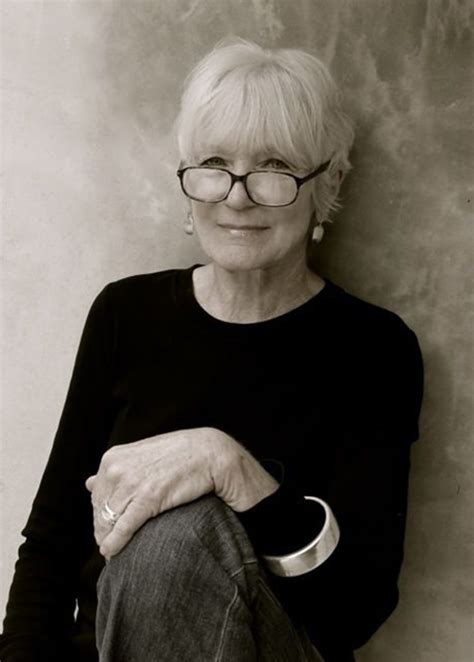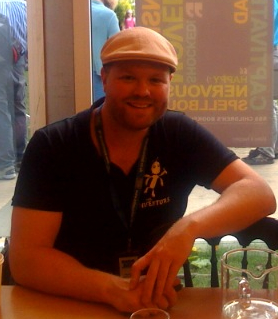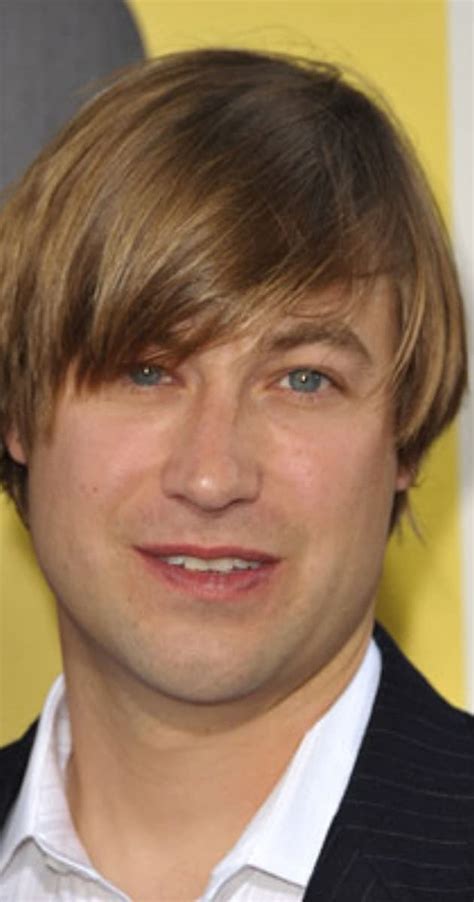A Quote by Yiyun Li
Your characters are always your children. And while you are writing, you're keeping them safe. Now they're ready to go into the world and it's sad. I'm happy with the way the novel came out but all the characters' ending really saddened me.
Related Quotes
The script in many ways is limiting and novel is liberating. You get to go into the heads of your characters and their background and have fun with them; something you are discouraged from doing with a script. With the novel, I can tell you what the characters are thinking, I can tell you their view of the world, background information, things I wouldn't dare touch in the script.
Introduce your main characters and themes in the first third of your novel. If you are writing a plot-driven genre novel make sure all your major themes/plot elements are introduced in the first third, which you can call the introduction. Develop your themes and characters in your second third, the development. Resolve your themes, mysteries and so on in the final third, the resolution.
It's funny what [producer Richard Zanuck said about even though you can't quite place when the book or the story came into your life, and I do vaguely remember roughly five years old reading versions of Alice in Wonderland, but the thing is the characters. You always know the characters. Everyone knows the characters and they're very well-defined characters, which I always thought was fascinating. Most people who haven't read the book definitely know the characters and reference them.
I think the success of every novel - if it's a novel of action - depends on the high spots. The thing to do is to say to yourself, 'Which are my big scenes?' and then get every drop of juice out of them. The principle I always go on in writing a novel is to think of the characters in terms of actors in a play. I say to myself, if a big name were playing this part, and if he found that after a strong first act he had practically nothing to do in the second act, he would walk out. Now, then, can I twist the story so as to give him plenty to do all the way through?
One of the things when you write, well the way I write, is that you are writing your scenario and there are different roads that become available that the characters could go down. Screenwriters will have a habit of putting road blocks up against some of those roads because basically they can't afford to have their characters go down there because they think they are writing a movie or trying to sell a script or something like that. I have never put that kind of imposition on my characters. Wherever they go I follow.
Gettting to know your characters is so much more important than plotting. Working out every detail of your story in advance, especially when you don't yet know your main characters, always seems a little too much like playing God. You're working out your characters' lives, their destiny, before they've had a chance to discover who they are and what kind of people they want to be.
When you start writing, you have your characters on a metaphorical paved road, and as they go down it, all these other roads become available that they can go down. And a lot of writers have roadblocks in front of those roads: they won’t allow their characters to go down those roads... I’ve never put any roadblocks on any of these paths. My characters can go wherever they would naturally go, and I’ll follow them.
I have always liked kind of outsider characters. In the movies I grew up liking, you had more complicated characters. I don't mean that in a way that makes us better or anything. I just seem to like characters who don't really fit into. You always hear that from the studio: "You have to be able to root for them, they have to be likeable, and the audience has to be able to see themselves in the characters." I feel that's not necessarily true. As long as the character has some type of goal or outlook on the world, or perspective, you can follow that story.




































